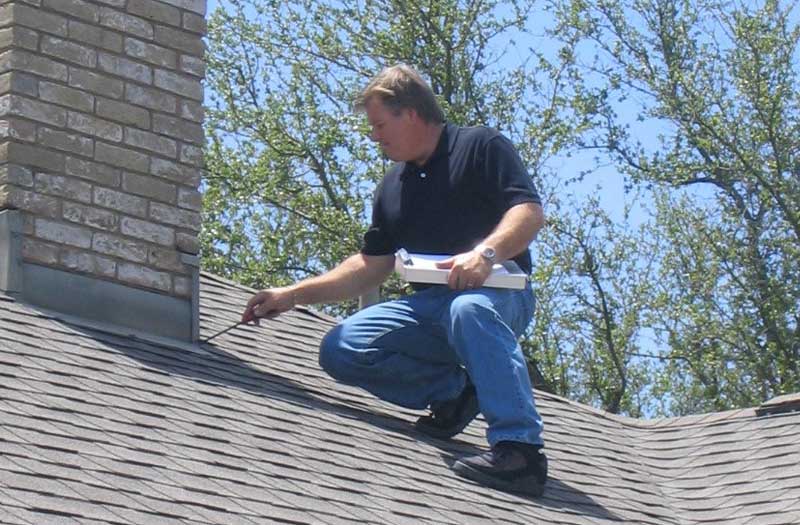Now at the risk of causing you disquiet or stress, I need to say that there are some builders who not only cut timber they also cut corners. This is where we come up against the situation where the rules are followed but the end result is not necessarily good.
Let’s take a typical situation. You want a new home to be built so you employ a builder to erect it. The local authority has approved your plans, the builder is registered and during the course of construction, the approved inspector checks the work and when finished gives it a certificate of occupancy. Your new home is ready for you to move in.
That sounds like the perfect scenario and often it is. There are millions of satisfied homeowners who are living in a building which they love and which meet all of their requirements. However, just because the builder is registered and just because the local building inspector gives the construction a big kick, that doesn’t mean every little [and big] thing is okay.
Two types of building inspector
Why do some people employ an independent inspector to go over their newly built house? If the statutory authority’s inspector has approved the work, why pay someone else to do the same job? Well experience shows that some builders and some local inspectors miss building flaws.
You see the local inspector is concerned primarily about two things.
- Does the construction work meet the local building codes and standards?
- Is the building safe and ready for occupancy?
Now if the inspector answered ‘yes’ to both of those questions then you are free to move in. But the local inspector is not there to check on the quality of the builder’s work and, the being human, the local inspector could miss one or more things.
So if the builder has cut corners, has made mistakes or used inferior materials and products, how will you know? By using inferior materials the builder is able to lower his costs and thus increase his profit. If the builder has done that sort of thing, it’s highly unlikely the builder will tell you. And as it’s not part of the job of the local inspector to report on the quality of the kitchen cabinets and fittings or the paint finish or if the carpentry is first class or not, then unless you get an independent expert to examine your new home, you will remain ignorant.
Mistakes don’t reveal themselves immediately
One of the aspects of building a new home is that sometimes faults from sub-standard workmanship or materials don’t show up for some time. A badly constructed roof won’t be a problem without rain. Things which are hidden such as an uneven concrete slab may not be a problem for weeks, months, even years. Cracks in a wall may take ages to appear but do so because of poor construction.
The builder won’t tell you about the shortcuts or second rate material used on your build. An independent inspector may well do that. And if you tell your builder from the beginning that you will be engaging an independent inspector, that statement from you may be enough to ensure your builder produces nothing but top quality work.
You are the one who will be living in the new home. You may not be able to visit the building site often or regularly or even at all. But you can pay an independent inspector to do that for you. Building a new home is a huge financial investment. Make sure you get your builder to deliver a first-class quality home exactly as you required it to be.






